.webp)
Kolkatta
The people of Bengal have a strong tradition of scholarship, literature, and debate. They are known for their deep appreciation of music, poetry, cinema, theatre, painting, and social service. The Changemakers from the Muslim community are only adding to the high values cherished in this region.
Halima Khatun
Halima Khatun has dedicated herself to uplifting marginalized communities, particularly women. She guides and mentors women who struggle to establish themselves despite adversity. Her first significant intervention was with women from fishing communities in the Sundarbans, standing alongside them, addressing their issues, and consistently supporting their struggles.
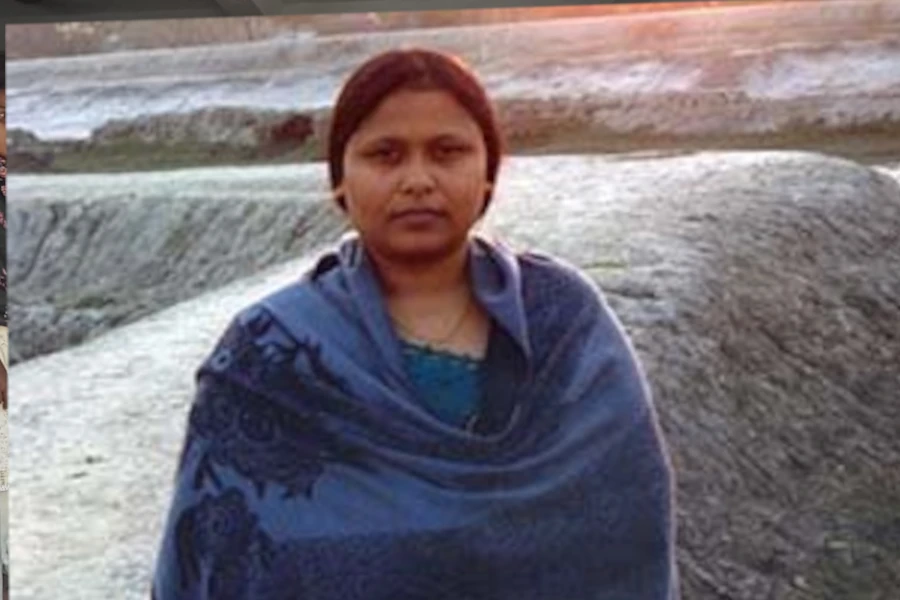
Her organization has helped over 700 bidi workers obtain official identification. Many families resort to marrying off young daughters in the hope of survival, a practice Halima fights to prevent. Known for her fearless interventions, she has successfully stopped numerous child marriages, often with police assistance, earning comparisons to a “Dabangg” — a fearless enforcer.
Sattar Master
Abdus Sattar has dedicated the majority of his life to the cause of education. Hailing from the Jhalongi block, he is affectionately known across Shantipur, Domkal, Islampur, and surrounding areas simply as “Sattar Master.”
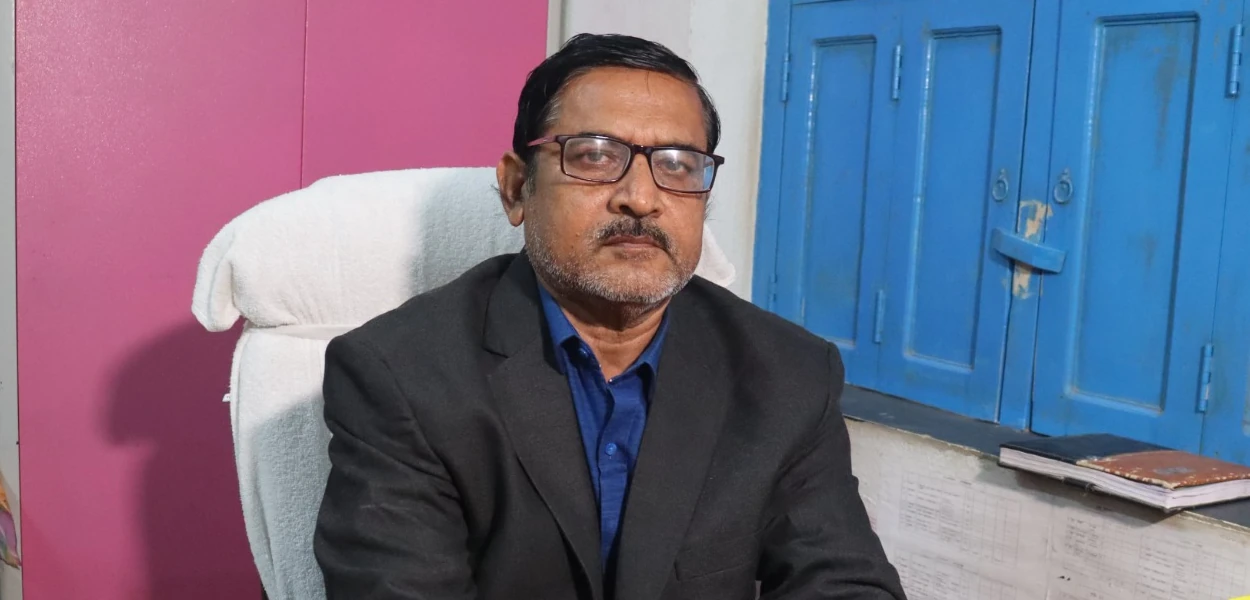
Abdus Sattar has become a revered figure because of his boundless compassion and dedication to the welfare of others.
Imaran Nahar
Imaran Nahar from Pandua in the Hooghly district is preserving a treasure trove of lost folklore. Over the years, he has documented more than five hundred fairy tales from various sources. In the face of a modern, indifferent society, centuries-old proverbs and oral traditions from rural Bengal are vanishing.
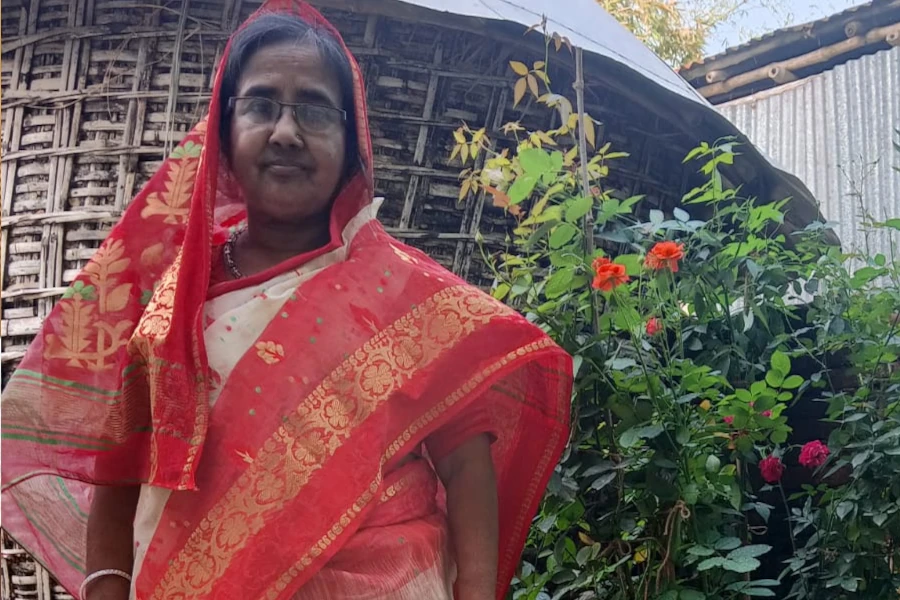
While some proverbs found their way into grammar books, most survived only through spoken tradition. Nahar has painstakingly rescued over three thousand nearly-forgotten Bengali proverbs, reviving a crucial link to cultural memory.
Hafizur Rahman
Hafizur Rahman has set a shining example of humanitarian service. Through his organization, girls from both Hindu and Muslim communities have received training to become self-reliant. Under his guidance, sewing machines have been provided to impoverished girls, fostering interfaith harmony and empowerment.
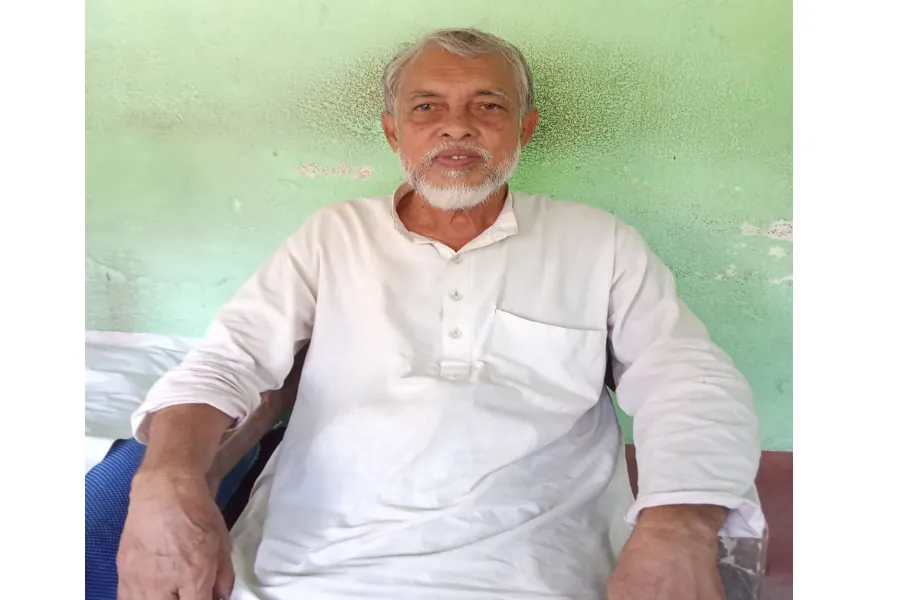
Yet, Rahman’s work does not stop there. Every last Sunday of the month, his organization hosts doctors to provide free medical checkups, eye tests, and medicine to those in need. He also facilitates local employment initiatives to prevent people from seeking low-wage work far from home, ensuring sustainable livelihoods for the community.
Sheikh Baharul Islam
According to Sheikh Baharul Islam, founder and current editor of Sojag Mancha, the organization has quietly traversed many milestones over the years. When asked about the motivation behind Sojag Mancha, he explains, Sojag Mancha was founded so that we could step forward, even if in a small way, to help those in need.” Islam adds, “Most NGOs remain focused on securing their own survival, but we chose a different path.
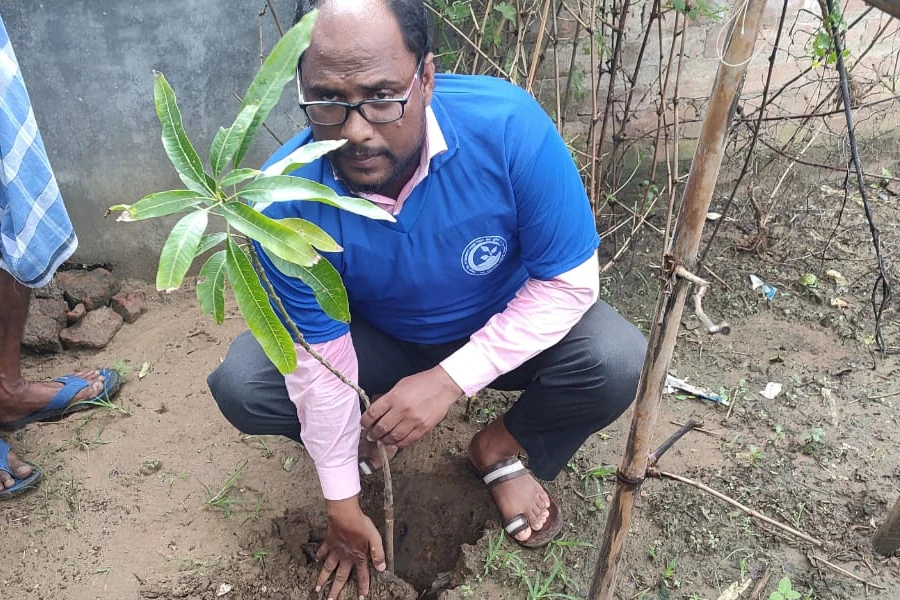
We dared to invest our own resources in education, and that courage has made us widely recognized. Guided by selfless service, our organization continues to move forward at lightning speed, driven by the desire to make a difference.”
Golam Faruk
Social worker Golam Faruk began his journey driven by a commitment to human welfare. His organization, Rights for All, has been actively working to make Kolkata cleaner, while also conducting anti-drug campaigns with the support of the South Division of Kolkata Police on International Anti-Drug Day.
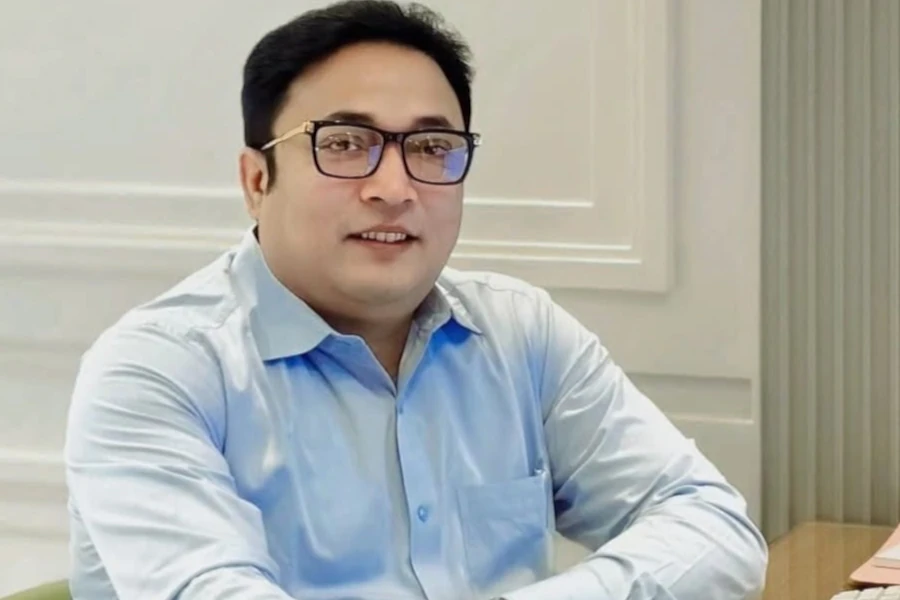
Faruk ensures that disadvantaged children have access to educational trips and facilities, while his organization serves as a beacon for justice, inclusion, and human dignity.
Muhammad Nurul Islam
Under the leadership of Muhammad Nurul Islam, a courageous team has chosen the challenging path of spreading education at all levels, often navigating routes where no one has tread before. Their mission is clear: to empower historically marginalized minority communities, transforming them into confident, educated societies.
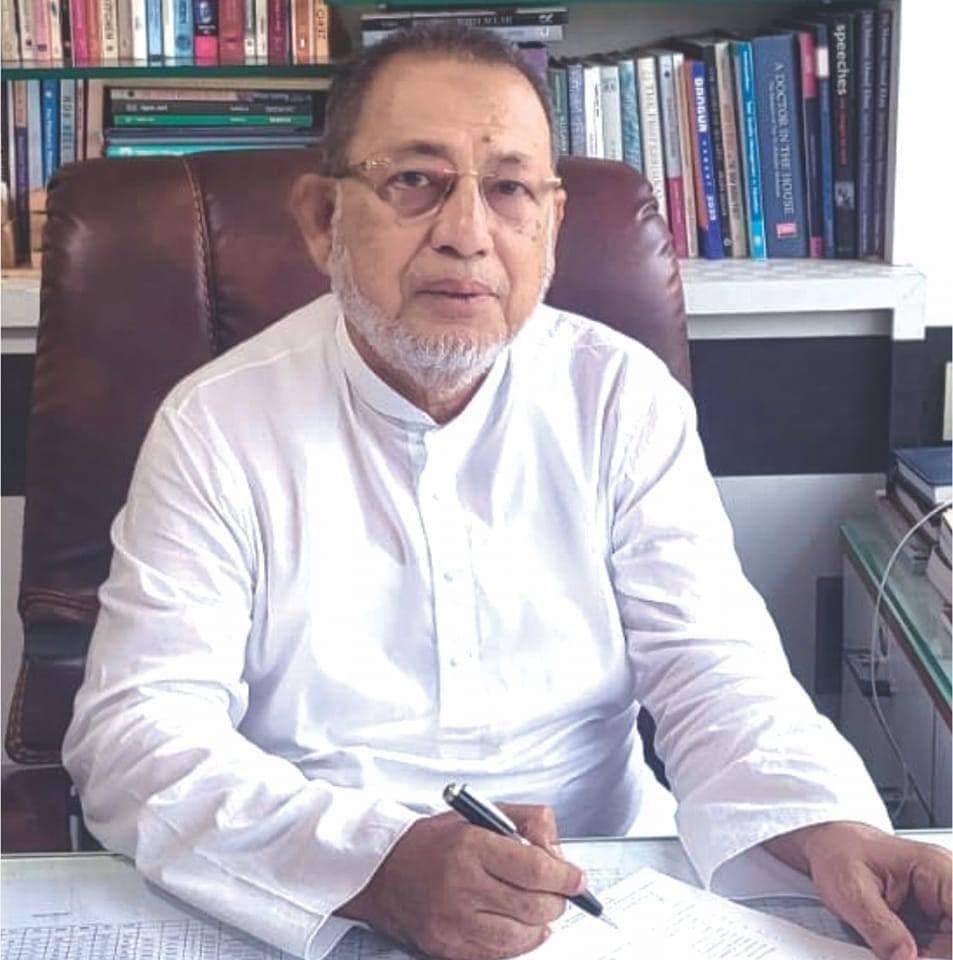
They aim to uphold quality and excellence in education while continuously supporting talented students who are socially and economically disadvantaged. Guided by principles of fairness, equality, and transparency, they have steadily advanced this cause.
Jahangir Mallik
Thanks to Jahangir Mallik, thousands of people can earn their livelihoods directly or indirectly. A native of Bulbulitala in Burdwan, Mallik founded J.M. Bazar in 2019. His roots, however, are deeply entwined with Shantipur. In 2006, he started selling sarees from a small stall in Ghosh Market. Through perseverance, intelligence, and honesty, he now owns two large counters in the same market, having reached remarkable heights by the age of 40.
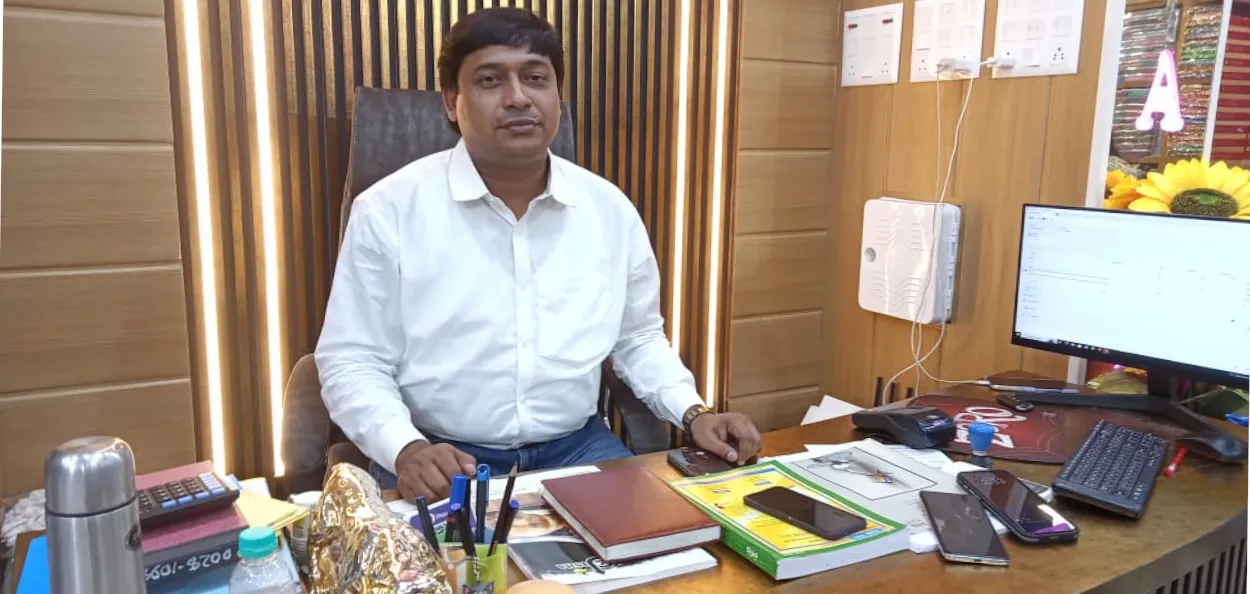
Despite his success, he has never forgotten his humble beginnings. Driven by social responsibility, he continuously supports those in need. Hundreds of rickshaw drivers earn their daily wages directly through his initiatives, while thousands more depend on him indirectly, demonstrating the remarkable scale of his impact.
Matiar Rahman
Saving the world from disaster has become the most pressing challenge of our time. Rising to meet this challenge with relentless determination is Bengali scientist Matiar Rahman. A senior scientist at the University of Cambridge, Rahman, together with Shubhajit Bhattacharya, developed the Artificial Leaf — a device that produces liquid fuel and oxygen using sunlight, water, and carbon dioxide.
.webp)
Published in Nature Energy, this breakthrough transforms atmospheric CO₂ into ethanol, propanol, and other fuels while releasing oxygen. Since the fuels are generated from excess carbon dioxide, the process is net-zero, offering a renewable solution that could play a pivotal role in reducing atmospheric CO₂ in the near future.
Mostaq Hossain
Mostaq Hossain, one of West Bengal’s prominent industrialists and education enthusiasts, is widely recognized for his philanthropy. His initiatives have earned his village a notable place on India’s map. Deeply compassionate and committed to education, Hossain is also devout in his faith.
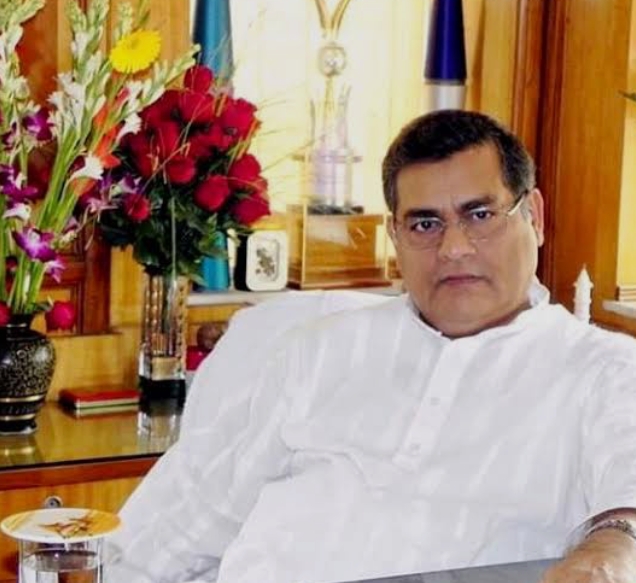
Through community-run residential schools, he promotes education without discrimination, fostering moral development and social responsibility.
ALSO READ: India faces Hobson’s choice in dealing with the US on Tariffs
He ensures that knowledge reaches everyone — regardless of religion, class, or background — guiding students to become responsible and empathetic citizens. With limited resources and immense dedication, he has planted the seeds of these ideals across more than 50 residential schools, nurturing the next generation.
